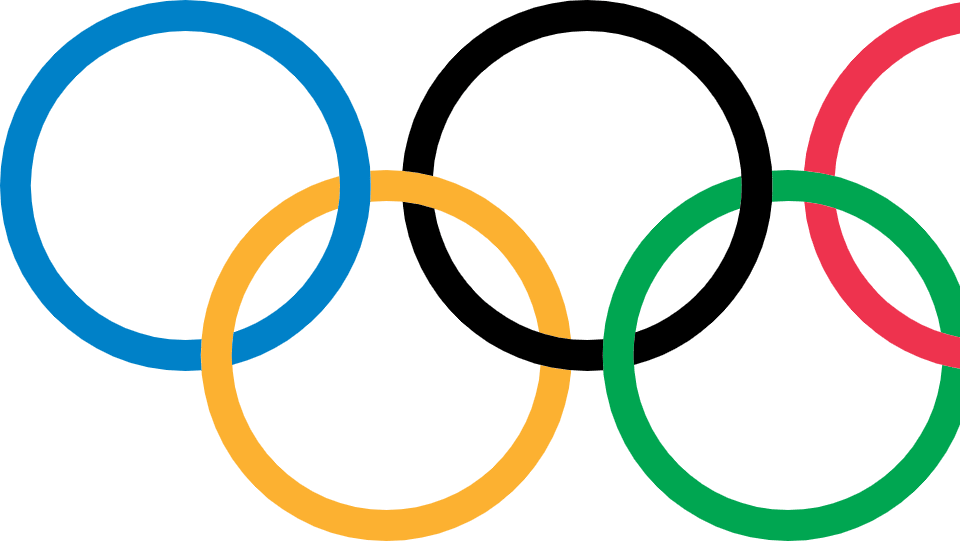Olympic Games Knowledge Management programme provides “essential” resource for Games organisers
The International Olympic Committee’s (IOC) Olympic Games Knowledge Management (OGKM) programme is an “essential” resource for Organising Committees of the Olympic Games, according to IOC Executive Director Gilbert Felli.

The programme, which was created during preparations for the Sydney 2000 Olympic Games, provides an integrated platform of services and documentation, which assists organisers in their Games preparations, while also aiding the transfer of knowledge from one Organising Committee (OCOG) to another.
It is this sharing of experience that makes the programme such an integral part of Games planning, according to Felli.
“We believe that transfer of knowledge is essential for an Organising Committee to be able to deliver the Games,” he explains. “The programme of knowledge transfer was started in the mid '90s with the Sydney Organising Committee because we believe it is so essential that we can transfer the knowledge from one Organising Committee to the other.”
The OGKM programme consists of three main sources: information, services and personal experience.
The information includes elements like the Official Games Report, technical manuals, knowledge reports and a range of other useful documents and publications that are all available on a dedicated extranet.
“We try to describe as much as possible what the organiser will have to do,” says Felli. “We try to make them aware of what they have to deliver and how they will have to deliver it.”
The OGKM services that are available include workshops, seminars and a network of experts with Games experience – on a range of Olympic topics – that the OCOGs are able to call upon throughout their lifecycle.
“We don’t just hand them the Technical Manuals and say, ‘Read it yourself and we’ll come back later’,” explains Felli. “We explain to the Organising Committee, with specialists on the subject or on the functions, how what is written can be translated into operation.”
OCOGs are also able to gain personal experience on Games preparations and operations through the Games-time Observer Programme, the official Games debriefing and the secondment programme, which allows staff members from future OCOGs to work on the current edition of the Olympic Games in order to gain first-hand experience of Games operations.
Alexander Bryantsev, Sochi 2014’s head of education and knowledge management, had the chance to participate in the Observer Programme at the Vancouver 2010 Winter Games and believes it provided many lessons for the Sochi 2014 Organising Committee.
“For me and many of our colleagues this experience was invaluable,” he says. “This observer programme offered us a chance to see for ourselves how the Winter Games are organised, how the whole thing is done from within and how the whole system is managed.”
During Sochi 2014, more than 370 participants from three Organising Committees (Rio 2016, PyeongChang 2018 and Tokyo 2020) and five Applicant Cities for the Olympic Winter Games in 2022 (Almaty (Kazakhstan), Beijing (China), Krakow (Poland), Lviv (Ukraine), and Oslo (Norway)) are currently observing the Games-time operations and activities of different functional areas.
Among the participants is Jerry Ling, the PyeongChang 2018 head of Games coordination, who believes the experience will help him and his team deliver a memorable Winter Games in four years’ time.
“The transfer of knowledge is a very unique and wonderful opportunity for us host cities to learn about the best practices,” he says. “From there, we will learn what we think has been very successful in Sochi, and from there we will also transfer our knowledge internally. In that sense we are learning a lot from Sochi and hope to deliver good results in four years’ time.”
Thanks to the resources available as part of the OGKM programme, Ling’s job should be made just a little bit easier.